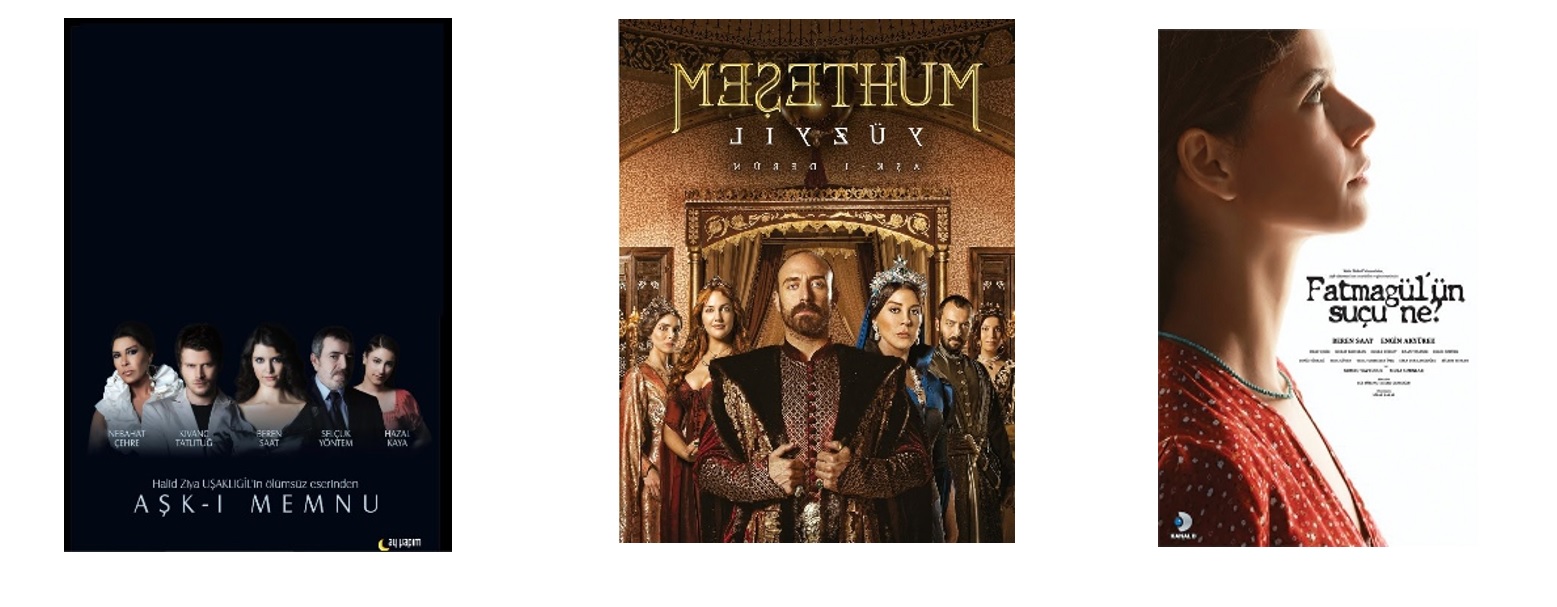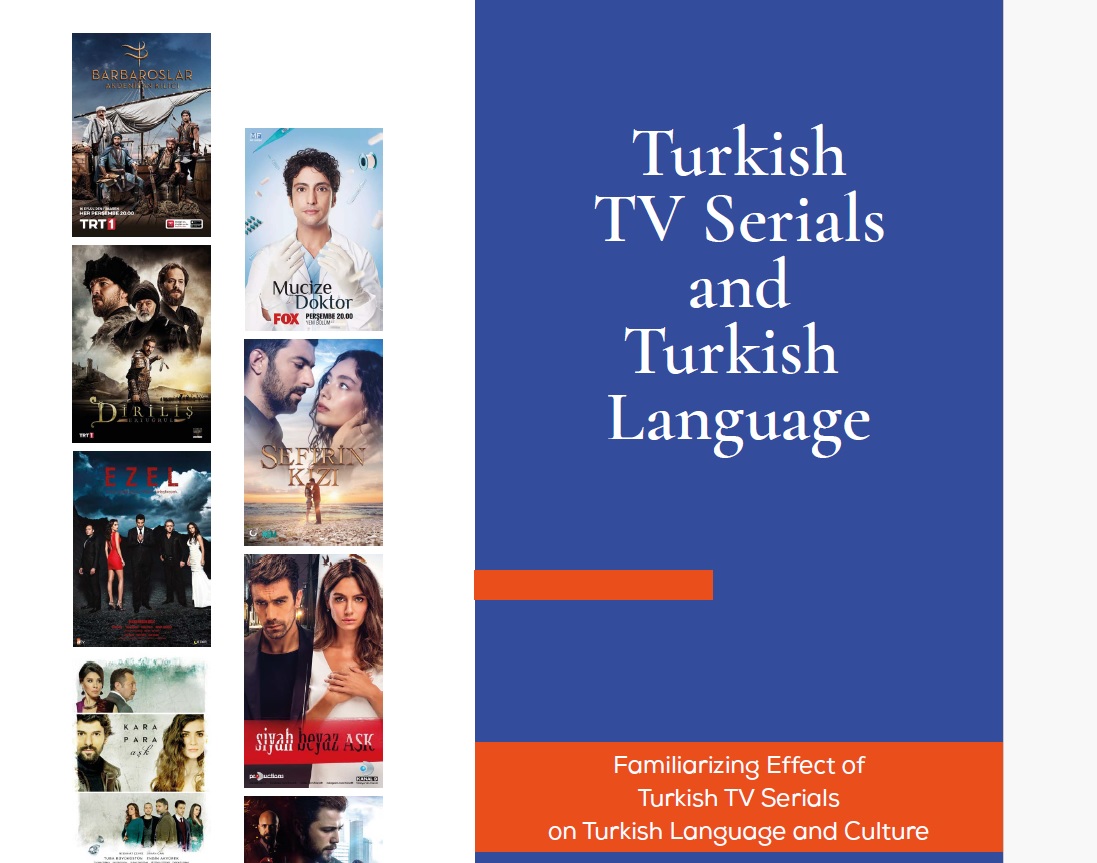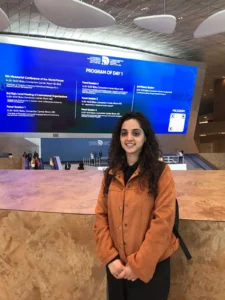Hina Haroon
The art of storytelling has evolved into theatre, film, and TV drama. Theatre and Film having the limitation of time find salvage in techniques such as mise-en-scène, stream of consciousness, and circular plot where whereas TV drama is still capable of having a linear narrative structure that can be divided into episodes and seasons.
The Arabian Nights and other stories based on the genre of “ dâstân” can only be possible with a multiple but linear storyline spanning seasons, times, lands, and so on. Dastans are always meant to revisit, advise, reprimand, apprehend, and good vs evil. The universality of these concepts is beyond time a space therefore can engage a massive population. Turkish drama besides including all Western drama techniques always retained the dastan aspect. That is the reason the canvas of Turkish drama is vast enough to encompass history to modern-day life in a very profound and relatable way.
The human mind “a tell-tale brain” can remember and assess the past and imagine the future thus human evolution is directly linked to storytelling and creating myths.
Enunciation helps to reconfigure complex ideas and actant facilitates to shape the complex idea into narratives. Thus, a drama having intent and purpose can play a pivotal role in reliving the history and internalization of ideational and material culture.
Turkish drama can be considered Structuralist drama not merely for entertainment or aesthetic purposes but also with intent. That makes them more relatable and provides a sense of universal human emotions
The Greek and Sanskrit drama traditions have different semiotics though primarily display the same functions of preservation, imagination, and invention. Putting it simply in the light of historical references, new ideologies and philosophical traditions can emerge and that is why drama has been considered a powerful tool for influence and manipulation.
If we look at the broader spectrum of world drama, it is evident the drama in South Asia, Central Asia, Asia Minor and Eastern Europe is more tilted toward storytelling in comparison to the Western drama tradition which is more of a protagonist-based philosophical debate. That does not mean drama from the East lacks in deep inner thought rather it is subtler in its presentation of complex ideas.
The divide between narrative and its receiver was broken in the Renaissance when Western dramaturges effectively broke the concept of the Fourth Wall and a direct link through a more verificatory narrative was established while Eastern drama is veridical all along.
Turkish TV drama having a rich tradition of Turkish theatre adheres to the concept of Rasa Sentiments and the Western tradition of direct philosophical debate. The concept of structural semiotics in theatre emerged in the late 20th century explaining that everything that is part of storytelling is actant, meaning from sound, and ambiance to color and objects all are characters as they in combination create a narrative structure. Turkish drama can be considered Structuralist drama not merely for entertainment or aesthetic purposes but also with intent. That makes them more relatable and provides a sense of universal human emotions.
Our world has become a global village, which means people are more connected than ever in this digital age, where they not only connect through various social platforms for casual conversations but also use these mediums to exchange culture, traditions, and language.
In this digital age, where different societies promote their culture through entertainment on various platforms, Turkey is one of those countries that took this opportunity to showcase its culture through the medium of entertainment. In the modern world, it seems that different series impact societies not just through the entertainment they provide but also by forming emotional connections with the audience.

In recent years, different countries have dubbed Turkish dramas into their own languages, including Pakistan. In 2012, “Ask-i-Menu” was aired on URDU 1 under the name “Ishq-i-Mamnu” (Forbidden Love). It was the first Turkish drama ever aired in Pakistan and garnered millions of views from its first episode. The impact was so significant that people started watching these dramas in Turkish with English subtitles. The craze for ” Ishq-i-Mamnu ” was palpable, with everyone discussing it in 2012. Even after the last episode aired, people were still talking about it and contemplating which Turkish drama to watch next.
The research conducted at the Yunus Emre Institute by Dr. Melih Barut from Hacettepe University, under the name “Familiarizing Effect of Turkish TV Serials on Turkish Language and Culture”, discusses how these dramas and culture have impacted societies across the world
” Ishq-i-Mamnu” received immense love from Pakistan, and from there, the fascination for Turkish dramas continued with series like “Fatmagül’ün Suçu” (What Was Fatmagül’s Fault?) titled “Fatmagul” and “Muhteşem Yüzyıl” titled “Mera Sultan”.
In this digital age, where people have countless entertainment options, Turkish dramas have made a significant impact on various societies. Their influence extends beyond mere entertainment; they have become one of the primary reasons why people initiate their language-learning journey.
My interaction with Dr. Melih Barut from Hacettepe University at the 6th World Forum on Intercultural Dialogue in Baku helped me to understand Turkish visual and performing arts more deeply. He shared his research titled ‘Turkish TV Serials and Turkish Language’.

The research conducted at the Yunus Emre Institute by Dr. Melih Barut from Hacettepe University, under the name “Familiarizing Effect of Turkish TV Serials on Turkish Language and Culture”, discusses how these dramas and culture have impacted societies across the world, aiding in the understanding of Turkish culture. Human curiosity to learn about different cultures is evident, and Turkey’s drama industry has played a crucial role in promoting its culture, traditions, art, and language. The study also highlights how these dramas have influenced thousands of people to take Turkish courses through various platforms.
This study clearly shows how a country can promote its language, culture, art, and traditions through entertainment and how impactful drama series can help in promoting the culture of a nation.
 Note: Having a degree in Mass Communication, Hina Haroon is a promising young journalist who focuses on the socio-political landscape, Women Empowerment, and Public Diplomacy.
Note: Having a degree in Mass Communication, Hina Haroon is a promising young journalist who focuses on the socio-political landscape, Women Empowerment, and Public Diplomacy.
